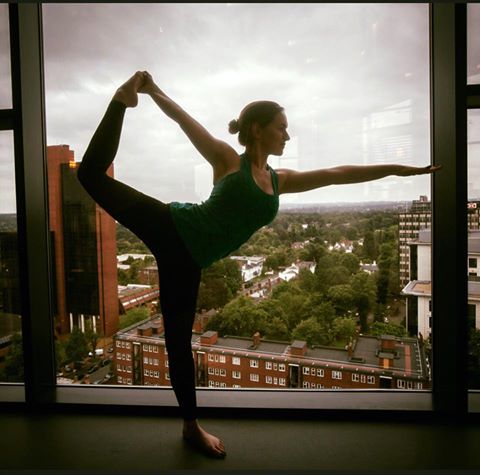
Stress is one of the biggest contributors to poor health in the modern age. It’s been linked to deadly diseases like cancer, cirrhosis, and lung disease, not to mention serious mental health issues that could lead to suicidal ideation. It should be obvious, then, that combating stress and trying to make sure that you’re as relaxed as possible when you hit the hay each night is incredibly important. Here are some of the best ways you can unwind after a long day at work.
Meditate
If you’ve never tried meditation before, you might be surprised by just how beneficial it can be. According to research by online casino Betway, meditation lowers the amount of time you spend awake during the night and increases your sleep quality, so meditating for just a little while before you sleep can be hugely helpful. Set aside some time for yourself before sleep, and download a meditation app if you feel you need a little help getting into the groove.
Go for a short walk
Keeping up a regular exercise routine is important for maintaining physical and mental health, but it’s also crucial for good sleep health. Going for a short walk in the evening, perhaps just a few hours before you sleep, will help to relax you. Make sure your exercise routine before sleep isn’t too strenuous; if you push yourself too hard, you might actually negatively impact your sleep quality. Try a 30-minute walk at a moderate pace if you want to see positive effects.
Listen to some calming music
Research suggests that putting on calming music can help you to get to sleep. Of course, you should try not to listen to music that’s too aggressive or energising; even if you love this kind of music during the day, it might send your body the wrong signals when you’re trying to relax. Most music streaming services have great playlists designed to help you sleep, ones where ambient pieces drift in and out of one another so you don’t even notice the transition between songs.
Don’t check your phone
There are lots of reasons not to check your phone before bed. For one thing, the blue light emitted by the screen will make it harder for you to sleep. If you put your phone in “do not disturb” mode, you won’t get notifications, which might make it a little easier to sleep, but that won’t stop you from endlessly scrolling through social media posts or the news, which could make you anxious and prevent you from getting a good night’s sleep. Make sure to leave your phone alone if you want to unwind.
Make sure your environment is decluttered
The relationship between decluttering and mental health is well-established. If you want to relax after a hard day at work, then consider removing some of the clutter in your room. This will make it easier for your brain to focus on sleeping and will also make you feel less stressed overall. Spend some time each day removing just a little bit of clutter if the thought of doing it all at once is too stressful for you. After a little while, you’d be amazed at how much of an effect this can have.
Watch a film you’ve already seen
Watching movies and TV shows with which you’re unfamiliar could negatively impact the quality of your sleep. Your brain will be trying to follow the unfolding drama, which means you’ll be alert and awake as you parse what’s happening. However, if you’re watching something you’ve already seen – especially if it’s a low-stakes movie like a romantic comedy – then you’ll be able to drift off to something that feels familiar and cosy. Just don’t watch a horror movie or a true crime documentary!
Have a bath
Immersing yourself in a warm bath before bed can have positive effects on your ability to fall asleep. When your body recognises its temperature dropping, it thinks that you’re on your way to bed, and bathing in hot water helps to effect that temperature drop. The ideal amount of time to take a bath is 90 minutes, but anywhere between an hour and two hours can help if you’re struggling to fall asleep. The next time you’re about to shower before bed, consider taking a bath instead.
Try some light yoga
While pushing your body to its limits with a brutal workout before bed isn’t a good idea when it comes to sleep quality, that doesn’t mean you can’t do a little yoga. It’s the perfect workout routine for a relaxing night’s sleep; you’ll be exercising, but you won’t be punishing your muscles, so your body will tire itself out without making you completely exhausted. Just don’t try one of the more strenuous yoga routines out there (yes, they absolutely do exist).
Don’t read a book
We know this is more of a “don’t” than a “do” tip, but one of the most common things people do before bed is to read a book. If you want to increase your sleep quality as much as possible, you should stay away from doing this. Reading can actually have a negative impact on your sleep routine; it engages your brain in ways that you shouldn’t be considering if you’re trying to relax. Instead of reading, try listening to a relaxing podcast, which won’t engage your brain to the same degree.
